EQUITY acted as the traditional General Partner of the IX Restructuring and Bankruptcy Forum
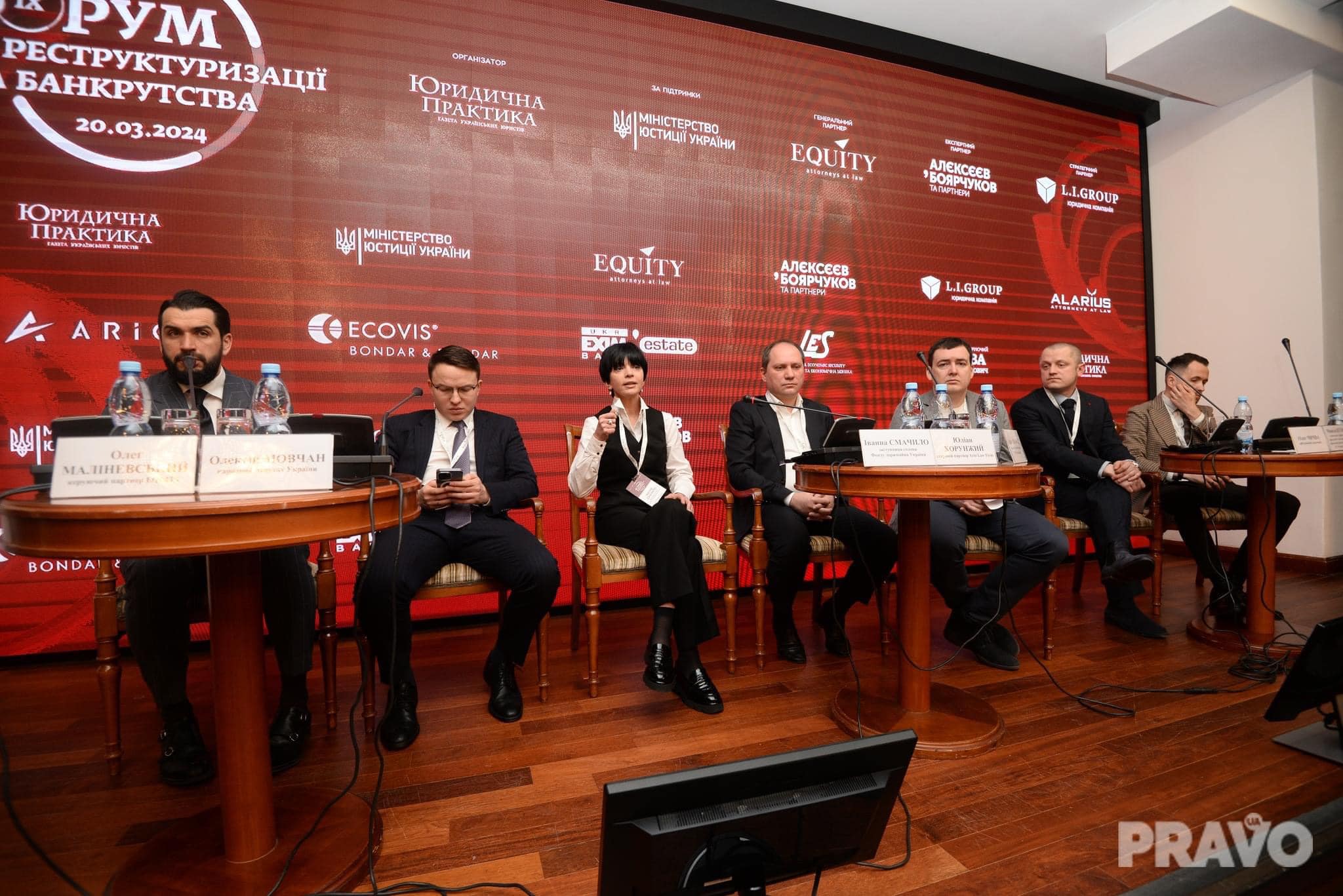
On 20 March, Kyiv hosted the IX Restructuring and Bankruptcy Forum under the traditional General Partnership of EQUITY.
EQUITY Managing Partner Oleg Malinevskiy moderated the premiere session "Restructuring and Bankruptcy in Time of War".
"We are already here should develop effective solutions to prevent the decline of business and to ensure a fair balance of these negative economic consequences, of this terrible war that is going on in Ukraine. That is why I would like the vision, ideas and effective solutions to be the foundation, the basis, the principles of our discussion and forum," Oleg Malinevskiy started the discussion.
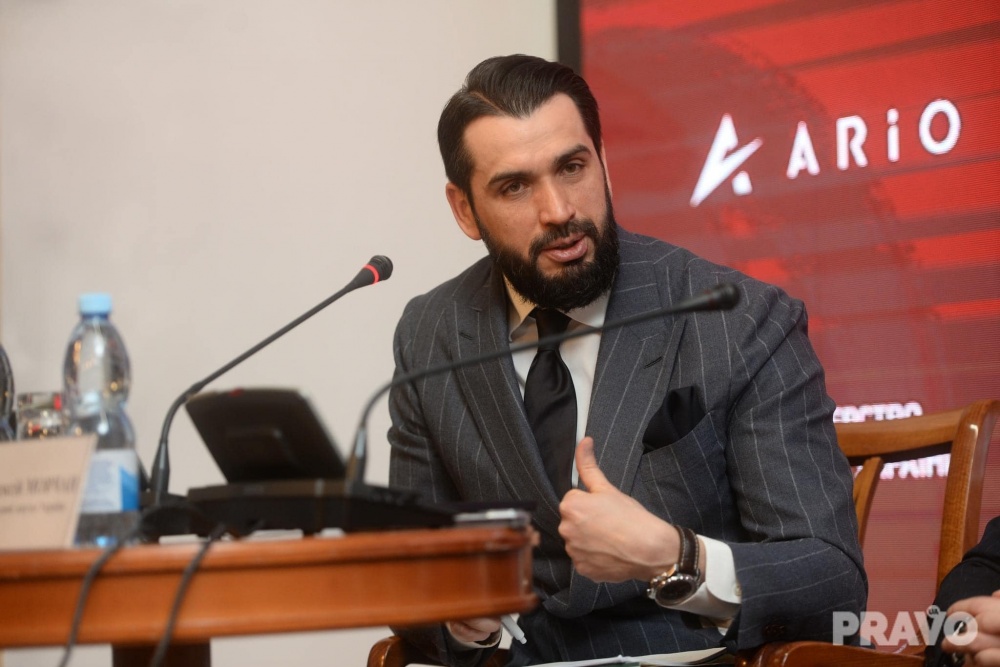 Representatives of the government, business, and the legal community joined the public discussion.
Representatives of the government, business, and the legal community joined the public discussion.
Oleksiy Movchan, Member of Parliament of Ukraine, focused on the trends in legislative regulation of the industry, its prospects and the role of the state in this. "I believe in the initiative, because it is a kind of sanatorium for business - to recover, pause and then continue its economic activities, instead of resuscitation," said Oleksiy.
During the discussion, Ivanna Smachylo, Deputy Head of the State Property Fund of Ukraine, shared her views on public sector debt and raised the issue of state-owned enterprises as a burden that is causing wage arrears, debts to creditors, taxes, etc. to increase every day. "The sooner we start the process of winding up these enterprises, the better it will be for both creditors and the country. We will ensure the correct use of the opportunities that still exist at the enterprise. This requires three resources: human resources, legislative changes and funds to implement all this," emphasised Ivanna.
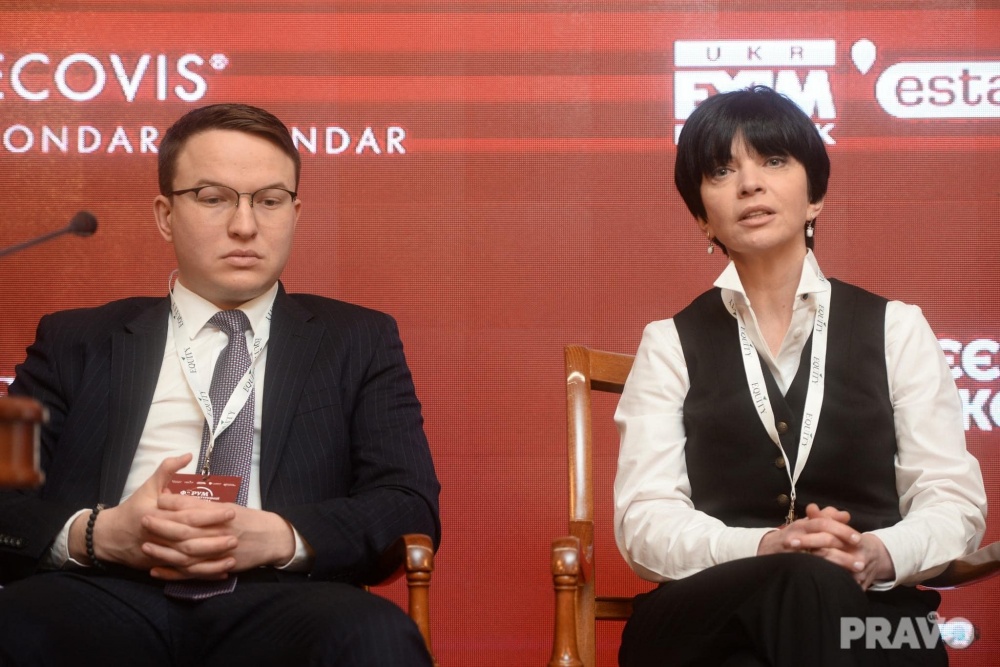
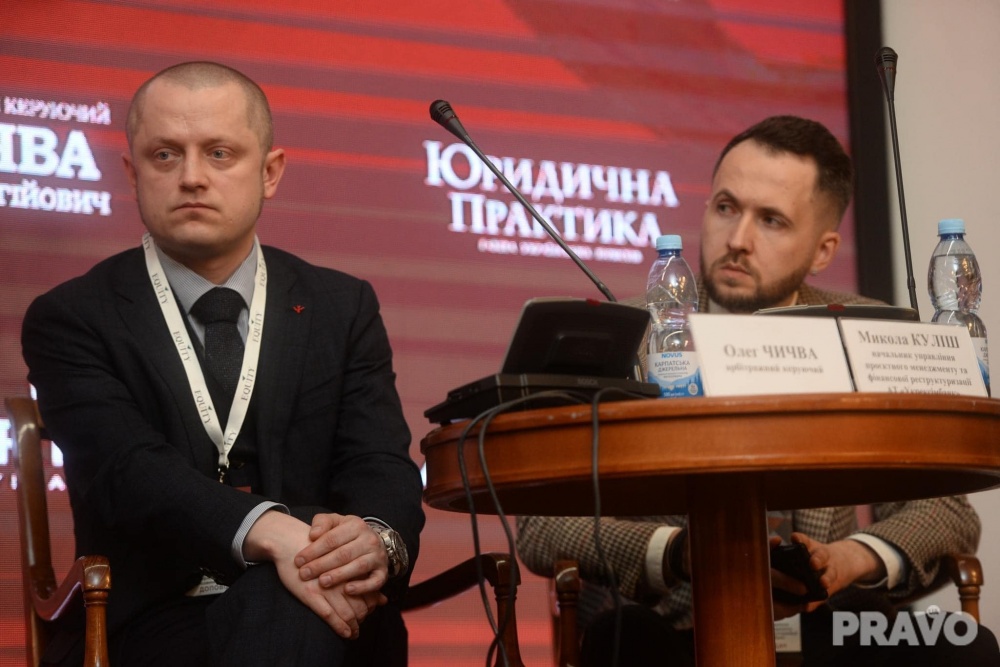 During the discussion, Julian Khorunzhyi, Senior Partner at Ario Law Firm, raised the issue of the benefits that the industry will receive from bringing national legislation in line with EU standards. Preventive restructuring is envisaged by EU Directive 1023/2019, as the European Union seeks to harmonise the legislation of all member states, although it is virtually impossible to reduce everything to a common denominator, said Julian Khorunzhyi. In his opinion, EU Directive 1023/2019 will eventually come into force in Ukraine, so we should be prepared for its rapid implementation.
During the discussion, Julian Khorunzhyi, Senior Partner at Ario Law Firm, raised the issue of the benefits that the industry will receive from bringing national legislation in line with EU standards. Preventive restructuring is envisaged by EU Directive 1023/2019, as the European Union seeks to harmonise the legislation of all member states, although it is virtually impossible to reduce everything to a common denominator, said Julian Khorunzhyi. In his opinion, EU Directive 1023/2019 will eventually come into force in Ukraine, so we should be prepared for its rapid implementation.
Arsen Miliutin, Deputy Chairman of the Board of JSC Oschadbank, focused on the obstacles encountered during restructuring with debtors and expectations in this area. Mr Miliutin noted that as of 1 March 2022, Ukrainian banks had 27% of their loan portfolio with non-performing loans, and as of 1 January 2023, this figure had already increased to 37%, with the NBU recommending that in some cases they refrain from taking enforcement actions. "Banks are ready for this, but the current regulation sometimes forces them to use enforcement tools. But this is wrong from the point of view of public perception, and banking institutions expect the regulator to take more effective steps," the speaker underlined.
Oleg Chychva, Insolvency Receiver, Attorney at Law, Member of the Disciplinary Commission of Insolvency Receivers, Certified Financial Instrument Trader, shared his views on the practical barriers to debt restructuring faced by Ukrainian banks and the alternative ways of debt repayment in bankruptcy proceedings.
The speaker raised the issue that, despite the introduction of the procedure for restoring the debtor's solvency in Ukrainian legislation, 90% of the debtor's cases, unfortunately, went into liquidation proceedings.
During the discussion, Mykola Kulish, Head of Project Management and Financial Restructuring at JSC Ukreximbank, highlighted how the market exists in times of war and noted that over the past two years, banks have changed their views and approaches to debtors who have faced problems and become partially insolvent. "A voluntary settlement may involve business recovery, voluntary sale of the debtor's assets or even waiting for de-occupation," Mykola Kulish emphasises.
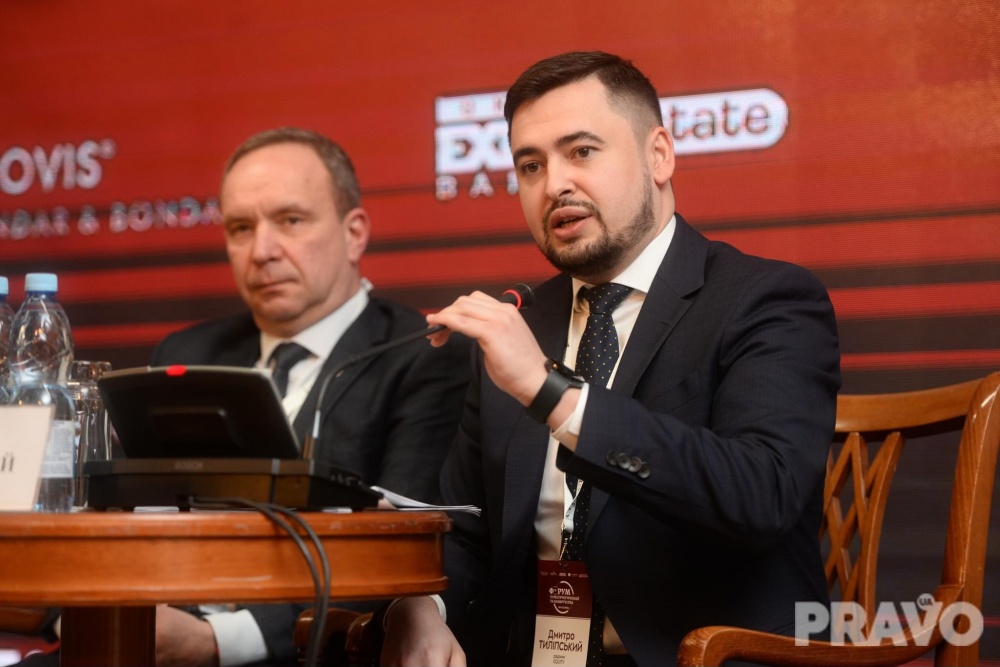 During the second session devoted to "Practice Development", Dmytro Tylipskyi, Counsel of EQUITY, spoke on "Opening of bankruptcy proceedings: challenges of the applicant". The speaker noted that according to the conclusions of the Commercial Cassation Court Within the Supreme Court, an approach has been formed according to which the obligation to confirm the possibility of repayment of the obligation is imposed on the debtor and that in this matter the Commercial Cassation Court of the Supreme Court went further, concluding that the absence of objections by the debtor may indicate the recognition of the creditor's claims.
During the second session devoted to "Practice Development", Dmytro Tylipskyi, Counsel of EQUITY, spoke on "Opening of bankruptcy proceedings: challenges of the applicant". The speaker noted that according to the conclusions of the Commercial Cassation Court Within the Supreme Court, an approach has been formed according to which the obligation to confirm the possibility of repayment of the obligation is imposed on the debtor and that in this matter the Commercial Cassation Court of the Supreme Court went further, concluding that the absence of objections by the debtor may indicate the recognition of the creditor's claims.
"The court does not check whether the debtor can do so, whether it has enough assets to meet the creditor's claims. Therefore, it is the debtor's obligation to confirm its solvency and take a proactive stance," said Dmytro Tylipskyi. The speaker emphasised that the Commercial Cassation Court of the Supreme Court in its decision of 15 October 2020 in case No. 299/1174/20 noted that a dispute about the right is a formally defined contradiction between civil law subjects that arose from the fact of violation or contestation of subjective rights by one party to civil relations by the other and which requires settlement by the parties themselves or resolution by the court.
Presentation of the Counsel by the link.
We thank all the participants for a productive discussion and are confident that the topics discussed during the discussion will stimulate changes and lead to positive transformations. As Oleg Malinevskiy noted, the forum has become an independent platform where crucial issues are discussed, not only addressing current issues but also offering certain solutions for the insolvency industry.
